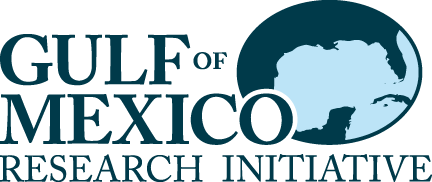Summary:
The Deepwater Horizon disaster of April 2010 will no doubt be a permanent part of the history of the Gulf Coast. The state of Louisiana is unique among the Gulf Coast states in that the human impact has been multidimensional. On one hand, the largest human effect of the oil spill may be seen in the fisheries that have been decimated in the short term and possibly destroying a culture and way of living forever. A second impact of the oil spill on Louisiana concerns not the presence of the oil, but the general environmental issues associated with deepwater drilling in general.
Within the context of disaster research in the social sciences, researchers often describe disasters as natural or technological events that have a unique set of social implications. Natural disasters are not man-made and, thus, there is no one to blame. These disasters result in a high level of cohesion among those affected by the disaster creating therapeutic communities. Communities come together to help one another recover from the disaster and the long term impacts of the disaster are minimal. In contrast, technological or man-made disasters cause a significant amount of disruption in the lives of local residents. The presence of a party to blame for the disaster results in litigation that may persist for decades. Due to litigation, the community experiences a high level of stress and anger because values must be assigned to damages and those harmed may not be made whole. Researchers often refer to these communities as corrosive in nature.
For Louisiana, the Deepwater Horizon oil disaster has had the potential to generate both therapeutic and corrosive communities in South Louisiana. Communities highly dependent on the fisheries largely fit the corrosive community model. A large amount of fisheries have been closed due to environmental concerns. In the long run, these fishermen will likely have to seek damages in court. In contrast, oil and gas dependent communities on the coast have likely experienced increased community cohesion over the course of the disaster. Efforts to place a moratorium on oil and gas drilling faced intense opposition by government officials and local residents.
In this project we address these important questions for public policy and disaster related research. To address this question we will collect two waves of data to compliment data collected from a pilot study in July 2010. Our findings will help us to better understand what types of communities an residents are most affected by the oil spill and to identify how the impacts change over time. At the conclusion of the project, our data will contain three waves of household surveys conducted in the same coastal Louisiana zip codes.
